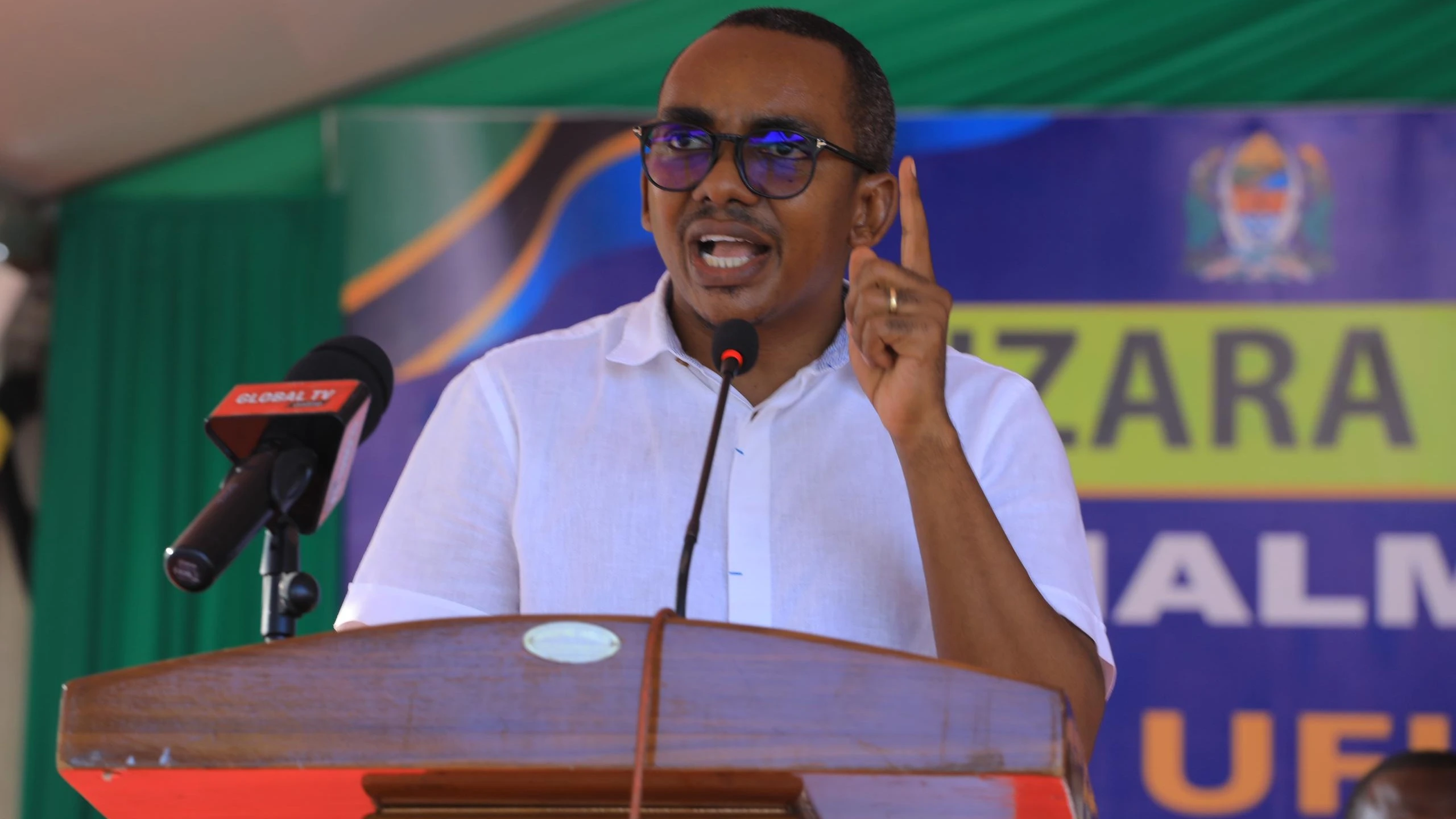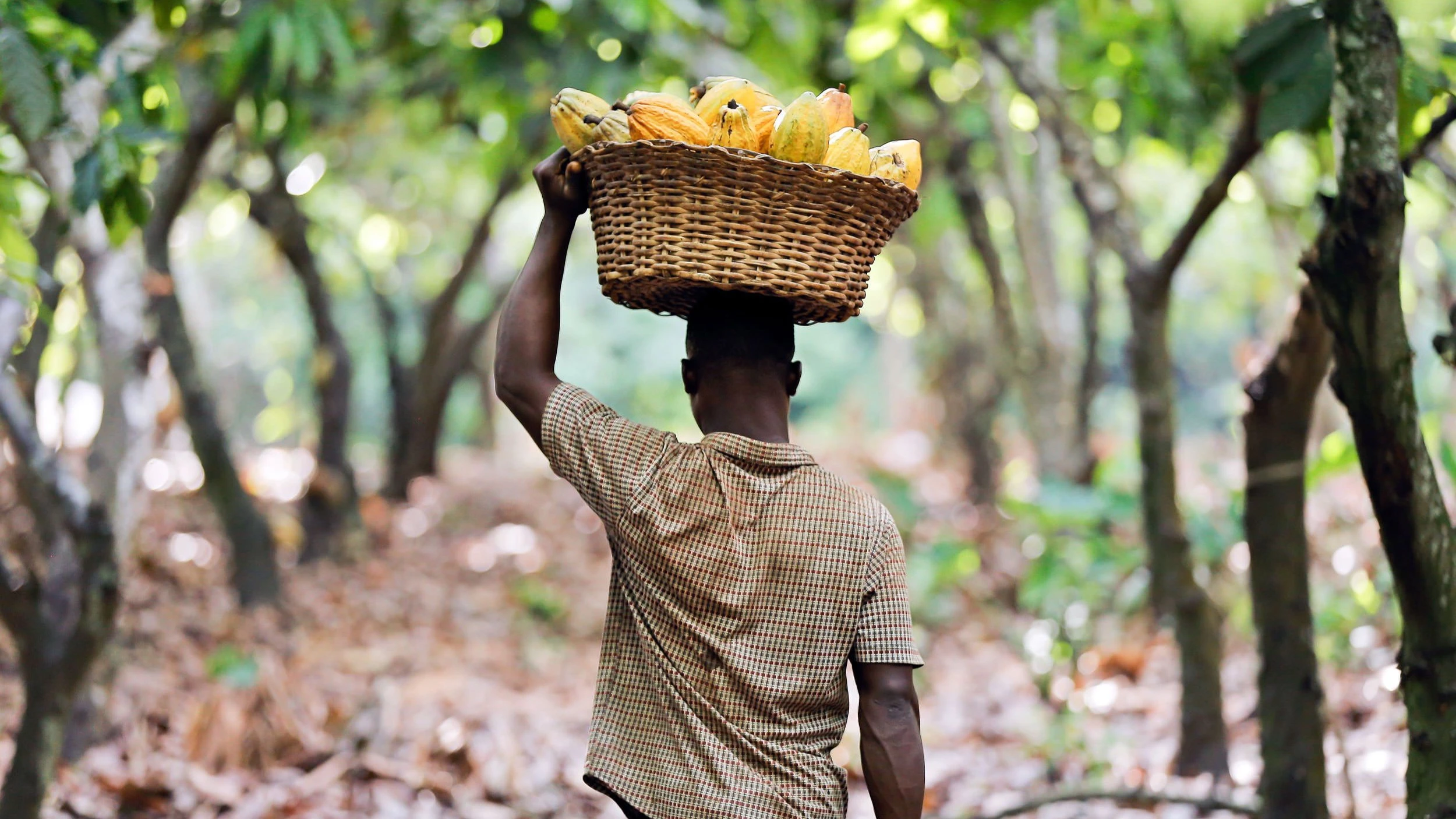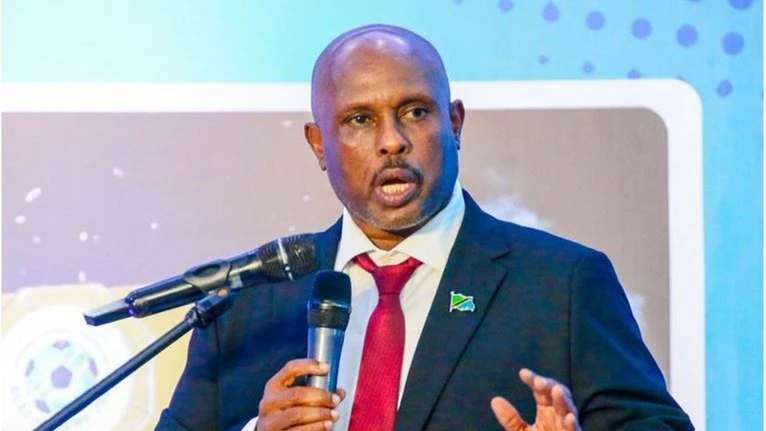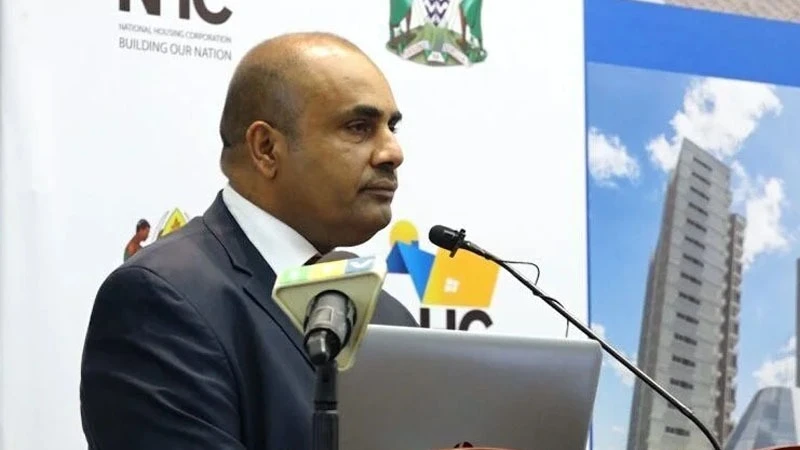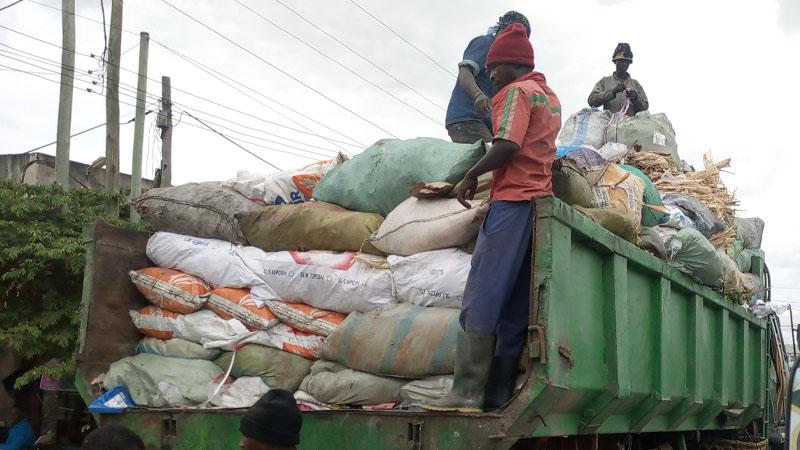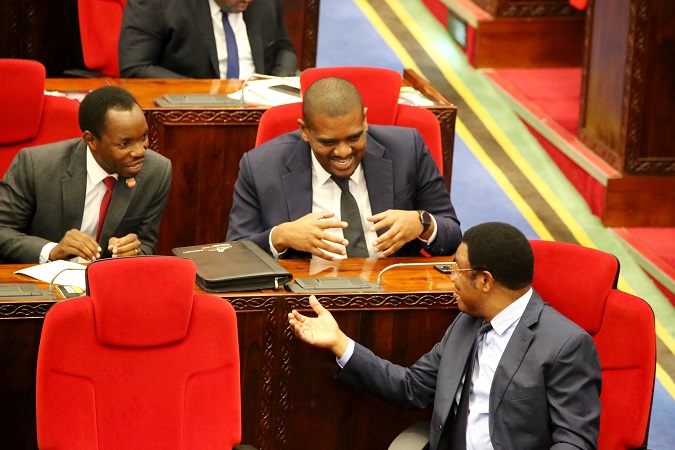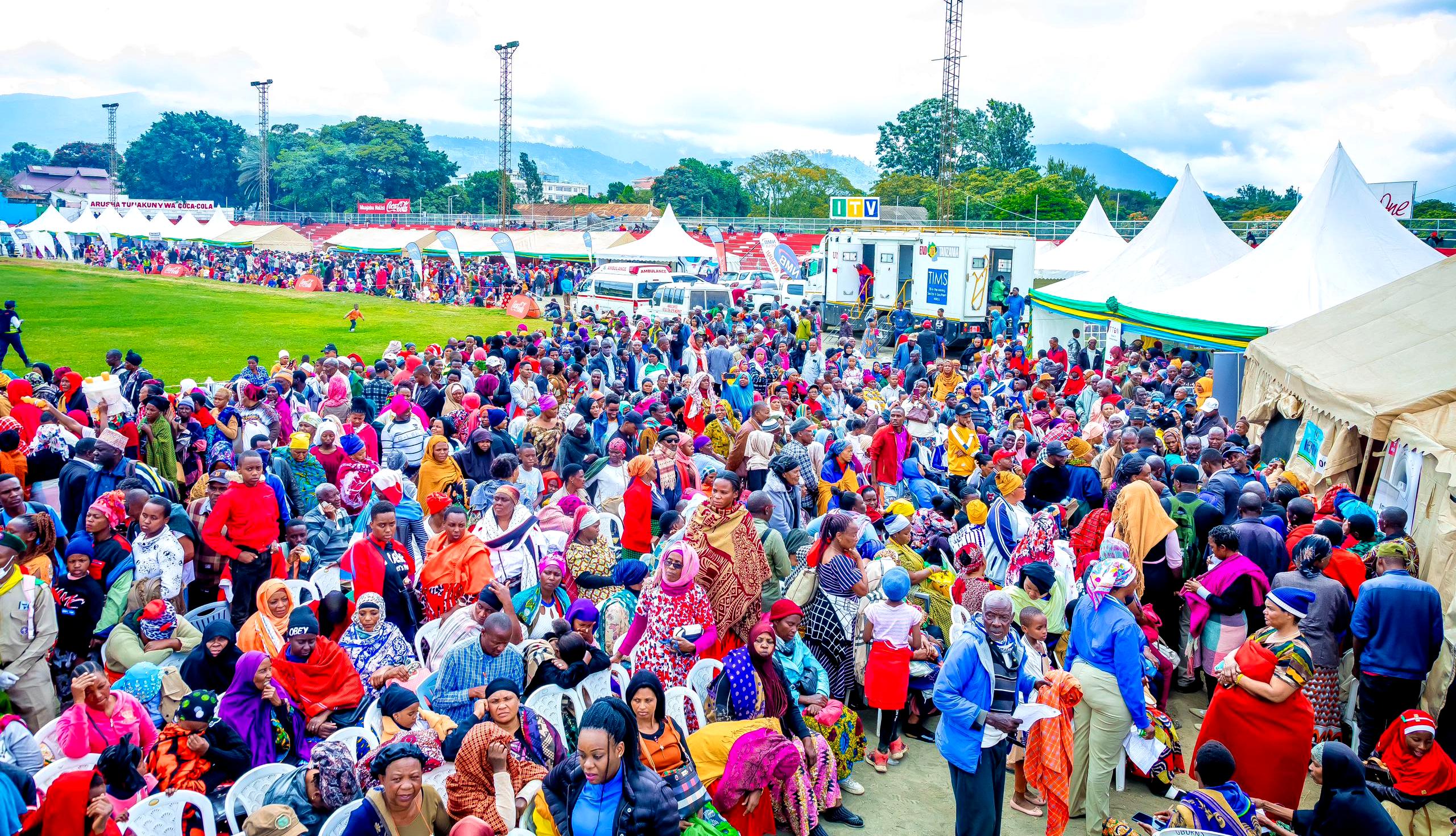From horror to delight: How Australian cried in Uganda and later fell in deep love with Arusha
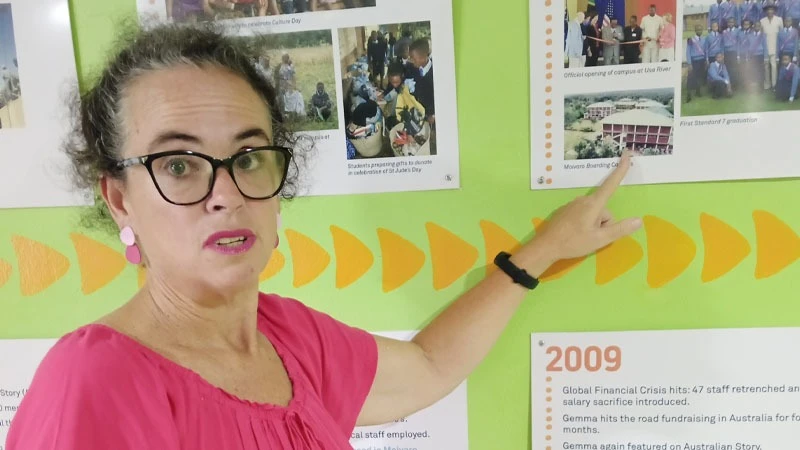
GEMMA Sisia’s first sojourn in East Africa was in 1994 when she travelled from Australia to Uganda as a teacher in Masaka, a town then devastated by HIV/Aids.
For the first time, she saw orphaned children taking up the daunting task of fending for their younger siblings. But what nearly traumatised her was the fact that the children missed one of the basic human rights—education.
“Know the value of education, I shed tears,” she said in an interview recently.
As a teacher, shedding tears was not enough, she thought. This experience challenged her to do something more than teaching but she didn’t know exactly, what, how and where. Years later, the teacher whose hobby is traveling found herself in Tanzania.
A chance conversation with a tour guide in Arusha led to a lifelong partnership and eventually marriage. But her experience in Uganda kept on daunting her, she felt indebted and felt obliged to do something, not necessarily in Uganda.
“As a teacher, I thought of doing something I could contribute to directly before seeking assistance from others,” she said.
“I settled on building a fee-free school that admits learners from disadvantaged background.”
With a two-acre donation from her father-in-law, Gemma's dream found its home in Tanzania. She built St Jude School in 2002. Today, the school spans 70 acres, acquired through generous support of donors.
Fondly referred to as Gemma by locals, her efforts to educate underprivileged children have earned her widespread admiration. Through the school, she has given countless needy children the gift of life-changing education, laying a foundation for a brighter future.
Located in the picturesque city of Arusha, the school now educates 1,800 pupils from underprivileged background, providing them with a top-tier education.
The journey began partly with a dream inspired by her upbringing. "I saw my parents educating the seven of us back in the day. It became a calling for me to do the same, not just for my children but for society," she said.
The school employs 135 teachers dedicated to nurturing the intellectual potential of pupils from all over Tanzania. On a recent visit, Gemma was seen off by her A-level and O-level pupils on a trip sponsored by Peak East Africa and Intrepid East Africa, allowing the children to explore Tarangire and Lake Manyara national parks.
Admission to the school is highly competitive. Prospective pupils must come from government schools, pass an internal aptitude test, and excel in entrance exams. This process ensures that the school nurtures the brightest minds from the most disadvantaged backgrounds. In a unique give-back programme, A-level pupils are required to teach in public schools for a week, preparing them for future leadership roles while supporting their communities.
The School offers more than just education. "We provide nutritious meals and basic healthcare, which are essential for cognitive development and academic performance," said Nzinyangwa Mcharo, the academic senior manager. This holistic approach ensures that pupils are healthy and ready to learn, breaking down significant barriers to education.
The school’s success is fuelled by partnerships with organizations like Intrepid East Africa, which provide financial support and enhances the school's visibility. These collaborations align with global efforts to achieve the United Nations’ Sustainable Development Goals, particularly those related to quality education and reducing inequalities.
"We think that this partnership is crucial in providing financial support, enhancing visibility, fostering community development, and creating opportunities for students," said Gemma.
Running a free school for underprivileged children comes with its challenges. "Our main challenge is fundraising, as we provide 100% support to our students," said Gemma.
Ensuring consistent funding is crucial, especially with 350 staff members and 300 suppliers relying on the school. Despite these hurdles, the school remains committed to its mission, adapting and persevering through economic downturns and shifting donor priorities.
Our main challenge is the aspect of fundraising considering that we provide our children with 100 per cent support,” she said.
“It is also not easy having 350 staff waiting for salaries monthly, 300 suppliers wanting their invoices paid monthly. We have become miracle workers just to ensure that all these stakeholders are sorted out.” The school relies heavily on donations and sponsorships to provide free education and services. Ensuring a consistent flow of funds can be challenging, especially during global economic downturns or changes in donor priorities.”
The school stands as a testament to the transformative power of education. By offering free, high-quality education, the school breaks the cycle of poverty, empowering pupils to pursue higher education and secure better-paying jobs.
This ripple effect extends to families and communities, driving positive change across Tanzania. As Gemma and her team continue their work, the school remains an inspiration, showing that it is possible to overcome economic challenges through education.
Top Headlines
© 2024 IPPMEDIA.COM. ALL RIGHTS RESERVED











